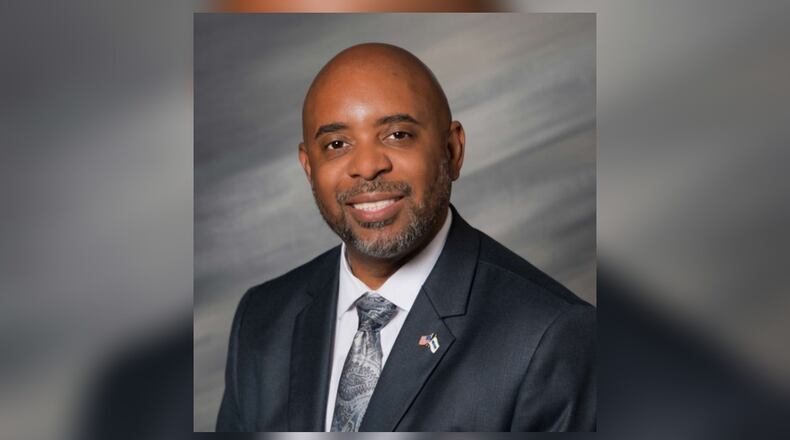This pandemic has taught us who the real wealth creators in our economy are and whose labor is essential to the functioning of our society. Manufacturing workers are high on that list. They are the people who leave their families everyday and work 10-12 hours to build the device you are reading these words on or make the paper you are holding in your hands. They are the people who risked their lives during this global pandemic to make each component of the car you use to drive to work in and the bed you lay your head down on to rest every night. They are the people who were thanked for their sacrifice with pizza parties and empty words from their employers instead of with the hazard pay and safe working conditions they deserve so that our shelves could remain stocked, our economy could keep going and shareholder profits could rise. The labor of manufacturing workers is in everything we own and everything we use and it is about time that we start treating them as essential as they truly are.
Corporate America has been waging an all-out war on working people for decades. Bad trade deals have intensified this race to the bottom, forcing workers here into tiered contracts, lower wages, and reduced benefits to “compete” with exploited workers in other countries. Union density has dropped dramatically as we see good union jobs leave our community and low-paying jobs at union-busting corporations like Fuyao and Amazon replace them. The laws that govern our rights to bargain fair contracts, organize unions in our workplaces and go on strike have been weakened because corporate America knows that when workers have power and are unionized, working people get their fair share.
Right now, employers throughout the region and across the country are lamenting that too few people are returning to work. But this “labor shortage” is in reality a high-quality job and workers’ rights shortage, and we cannot address the state of manufacturing in Dayton or talk about our region’s economic future without being honest about this problem. Employers are expecting that things will just go back to normal, but normal isn’t working for working people and we are standing up for better.
If we are to recover and rebuild from the pandemic, we must discard the myth of Dayton’s solitary corporate legends and remember that the city of a thousand factories was built by hundreds of thousands of workers. Strengthening workers’ rights, raising the minimum wage, ensuring corporations who receive taxpayer dollars are creating good union jobs in the community and — holding them accountable when they don’t — ought to be our community’s economic priorities. Anything less is a betrayal to the workers who always have and continue to make Dayton extraordinary.
Carl Kennebrew is the International President of the IUE-CWA, the industrial division of the Communications Workers of America, representing 150,000 active and retired members across the country. He began his career in the IUE-CWA over thirty years ago working at manufacturing facilities in the Dayton region including Chrysler (now MAHLE), GM Truck and Bus and DMAX.
About the Author
